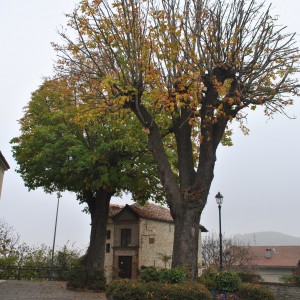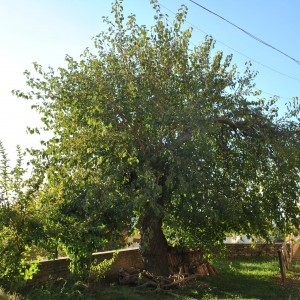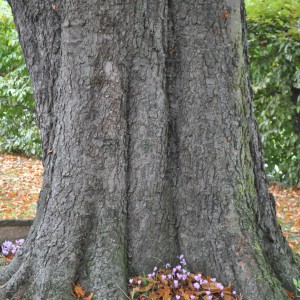Martina the colonel
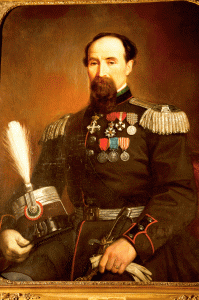
Paolo Emilio Morgari, Portrait of the colonnel Paolo Domenico-Martina
Colonel Paolo Martina (Cravanzana, 20 October 1820 – Monforte d’Alba, 16 February 1910) was a career soldier in the Savoy army (first Piedmontese, then Italian), serving during all the campaigns of the Italian Risorgimento. In particular, we would like to recall some of the main episodes of the Risorgimento in which the Monforte colonel took part:
- the First War of Independence, 1848-49 (Battle of Goito);
- the Crimean war, 1855;
- the Second War of Independence, 1859;
- the Italian campaign, 1860 (Castelfranco, Gaeta, Teano);
- the fight against banditry, 1861 (Benevento).
During the campaigns, he obtained recognition and promotion in the field for military merits that led him, as a lieutenant, to the rank of colonel in the army.
He was later military commander of the province of Reggio Calabria and active in the repression of the anti-unification uprising in Palermo in 1866. At the same time, as an exponent of the army in the area, he was faced with a serious cholera epidemic that struck the Sicilian capital.
Once he had retired from his military career, he returned to live in Piedmont where he held the post of provincial school inspector in Alba. His interest in the education and training of the people later led him to found and direct the School of Practical Agriculture in Monforte d’Alba, located in his own palace.
The multifaceted colonel’s main cultural interests were directed, above all, towards reading and writing, painting and collecting.
Nowadays, the memory of Colonel Martina is in the care of the civic museum of Monforte d’Alba: http://www.museomartina.it/
From the memories of Colonel Martina
Cherries are difficult to digest. Raw they suit sanguine people. Cooked, they are very healthy.
God reveals himself to the heart when the eyes have wept!
To combat ants, pour carbon disulphide and carbolic acid into the hole. Surround the plant stem with cotton cord soaked in oil.
♦Rosemary decoction with good wine.
Plantain. Make a decoction of it and drink it to urinate. The same using tragnina grass.
For lumbago or backache. Place a cloth on your back and remove it when it is wet with sweat and change it.
♦Ricetta limonata
- 3 litres boiling water
- 12 grams bicarbonate of soda
- 12 grams of magnesia carbonate
- 60 grams of sugar grade
- Melt everything together
- 20 grams citric acid
- 1 lemon, squeezed
Work is the true elixir of life. Work relaxes the muscles and imparts energetic impulses to the blood, work tires the body and rests the spirit. Woe betide a man here when he does not agree with his conscience.
In our peoples there is a religious question far more important than the political question and the economic question. Appreciate the value of time. Do not put off until the next day what you can do today. Be busy all day with something. Do not engage your mind in more than one thing at a time. Any help, however useless it may be deemed, it would be folly to despise it.
The milk of the cow that has calved is good after four or five days.
Shoe polish via Gioberti 62, Turin.
For hens in winter. Hemp, sunflower or flax seeds, with nettles cooked and mixed with flour.
1880 and 1881 December 27. I left Monforte at 1 o’clock after midnight and walked to Alba (…) I took the convoy for Alessandria, stayed the night in Parma, there the next day I visited the city, which is beautiful, a beautiful Baptistery all in marble, the magnificent Duomo, two bronze horses of the Farnesi family.
Charity is more amiable but justice is more necessary, because malice abounds more than gratitude and the malice of one harms more than the gratitude of many. Well it is true that justice begets hatred and beneficence begets envy.
Blessed is the man who has found wisdom and the man who has obtained understanding, for wisdom is the same thing. Acquire wisdom and at the price of all your goods acquire prudence.
HOLOGRAPHIC TESTATION BY ME SUBSCRIBED Comm. Paolo Domenico Martina retired colonel of the late Gio.Battista born in Cravanzana and living in Monforte d’Alba. (…) First of all, I declare my firm intention that my funeral shall be purely civil and simple, without the ringing of bells; I wish that the body be dressed in my last and almost new Colonel’s uniform, my decorations and other badges be placed under my head; I wish to be embalmed and therefore placed in a double casket (…) to be transported on an oxcart and carried to the cemetery within the tomb to be built at No. 27 (…). Monforte d’Alba 24 May 1890. Paolo Domenico Martina.



